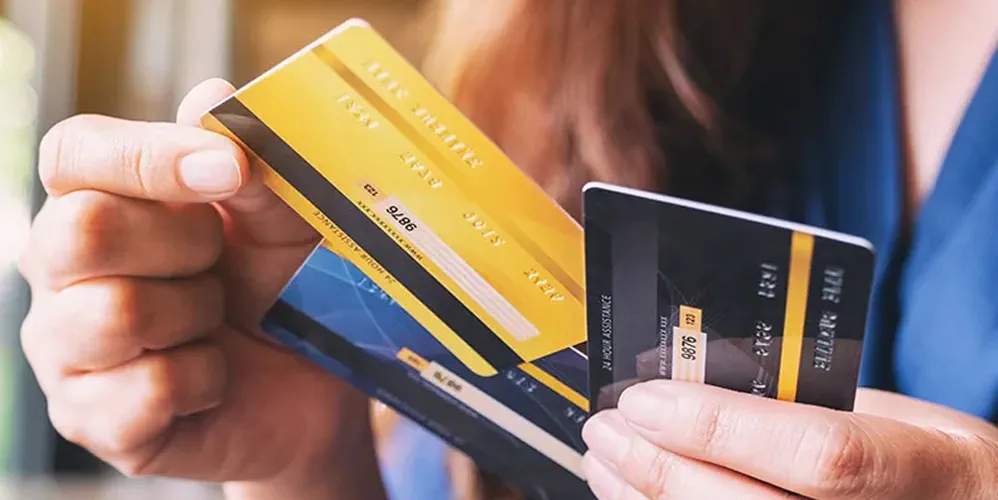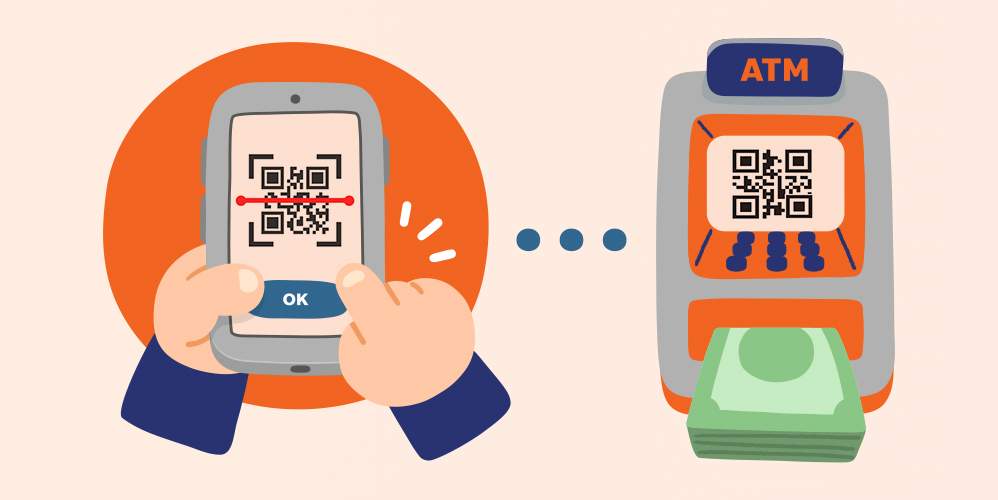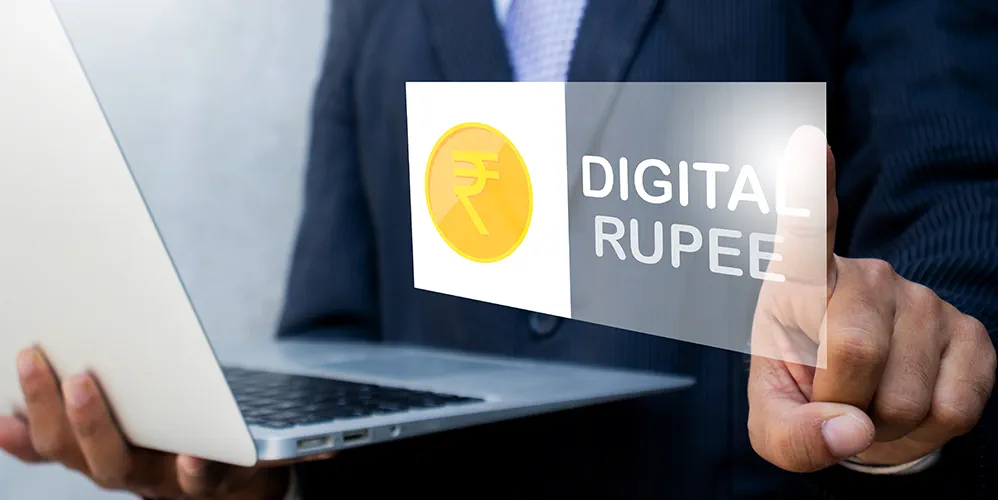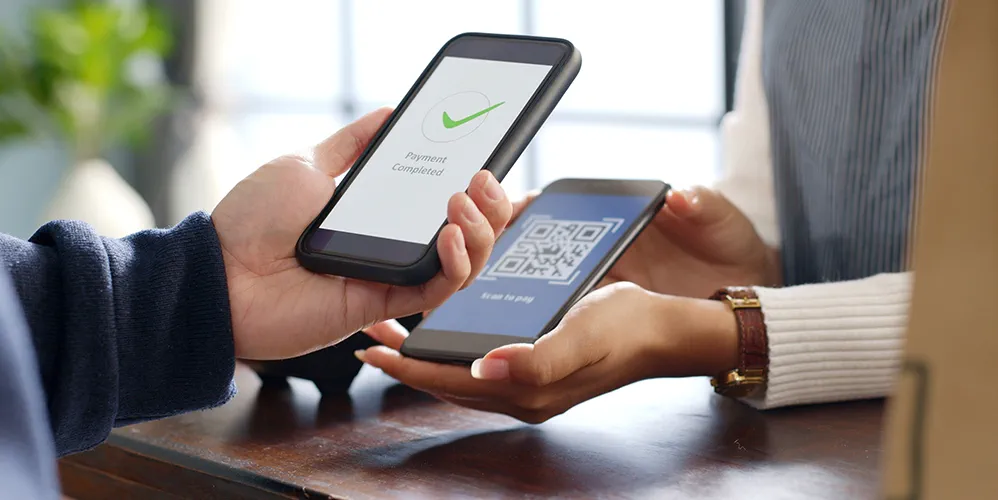
3 New Credit Card Rules from 1 October: How it will Impact You
05 Dec 2022

Table of Content
The digitisation of payments has increased credit card penetration in the country. No doubt, up to 50 days interest-free credit period on all Bank of Baroda credit cards, with added advantages like reward points, welcome perks, complimentary services, etc., have been behind this phenomenal surge. However, with this growth, there has been an increase in credit card misuse and fraud. To protect customer interests and take stringent actions, RBI has announced the following regulatory changes in the credit card policy w.e.f 1st October 2022.
Here are the Three New Credit Card Rules:
1. Credit Card Limit Permission
RBI has ordered all credit card companies to give prior notice and take necessary permissions from the customer before rolling out any change in their card’s credit limit. This guideline will help the customer remain fully aware of their card’s credit limit and make purchases in accordance with it.
2. Credit Card Tokenisation
Before October, third-party payment apps sought customer's credit card number, name, and CVV for making payments. In this regard, and to further increase security during online transactions, the RBI has launched a card tokenisation system.
Tokenisation is when your card’s 16-digit number gets replaced with a set of characters jointly termed ‘Token.’ The token shall be unique for a combination of card, token requestor, and device.
Tokens can be used for different transactions: online, mobile point-of-sale, and in-app. They contain no personal information that can be directly accessed and keep changing whenever you do any digital transaction using your card.
Tokenisation also helps in faster payment checkouts as card details are not required to be re-entered when a card is saved. CVV & OTP authentication will continue as an additional layer of protection.
3. One-Time Passwords for Activation
Credit card issuers are now required to obtain One Time Password (OTP) based consent from the cardholder if the card hasn’t been activated for more than 30 days from the card issuance date. Further, the credit card issuers are expected to close the credit card account within seven working days from the date of seeking confirmation from the customer. They will not levy any charges if the cardholder declines the request to activate the card.
You can activate your Bank of Baroda Credit Card in the following ways:
- TRANSACT ONLINE OR AT ANY STORE: Visit our websitefor the best offers
- SET A PIN OF YOUR CHOICE:Log in to the BoB credit card mobile app/customer portal & go to the 'Set PIN' option. You can download the app from the Play store or App store.
- SET CARD CONTROLS: Log in to the BoB credit card mobile app/customer portal & go to the 'Card Management/Usage' option. Visit our portal.
In a Nutshell
The new credit card rules will enhance security and safety for users while using credit cards. Further, permission for increasing the credit card limit is a much welcome move as it will promote the judicious use of credit cards. Bank of Baroda is a highly compliant organization and ensures that its credit card users get the best financial services.
You can apply for a Bank of Baroda Credit Card through a fully-digital application process, which means, no paperwork or branch visit for you. Get your card delivered straight to your home. Apply now at bob financial in 3 simple steps –
- Fill online application.
- E-sign using Aadhaar.
- Verify with Video KYC.
Wait no more; apply for your BoB Credit Card today and enjoy seamless services with exciting offers and rewards on all leading partners. Discover the latest offers at bob financial offers .
Popular Articles
Tag Clouds
Related Articles

The Future of Green Hydrogen: How Bank of Baroda’s Green Hydrogen Financing Scheme is Leading the Way


Increased Interest Rates for Senior Citizen Savings Schemes, KVP, NSC & Post Office Time Deposits







-
Disclaimer
The contents of this article/infographic/picture/video are meant solely for information purposes and do not necessarily reflect the views of Bank of Baroda. The contents are generic in nature and for informational purposes only. It is not a substitute for specific advice in your own circumstances. Bank of Baroda and/ or its Affiliates and its subsidiaries make no representation as to the accuracy; completeness or reliability of any information contained herein or otherwise provided and hereby disclaim any liability with regard to the same. The information is subject to updation, completion, revision, verification and amendment and the same may change materially. The information is not intended for distribution or use by any person in any jurisdiction where such distribution or use would be contrary to law or regulation or would subject Bank of Baroda or its affiliates to any licensing or registration requirements. Bank of Baroda shall not be responsible for any direct/indirect loss or liability incurred by the reader for taking any financial decisions based on the contents and information mentioned. Please consult your financial advisor before making any financial decision.
Four Emerging Banking Trends in 2023
The banking sector has gone through some major changes in recent years, and it’s only going to continue to change in the years to come. If you’re looking to stay ahead of the curve, it’s important to know what trends are emerging in the world of banking. In this blog post, we will explore four major banking trends that are emerging in 2023. From digital-only banks to new payment methods, read on to learn more about what’s in store for the future of banking.
The UPI way: Cardless cash withdrawal at ATMs
In April 2022, the Reserve Bank of India (RBI) announced cardless cash withdrawals at ATMs bringing the country under a Unified Payment Interface (UPI). This move has allowed cardless cash withdrawal from smartphones giving users the freedom to pay and transact without having to deal with cash at all. Indian banks switched to new technology in the early 1990s through internet banking and reinvented themselves. With the popularity of internet banking, banking apps were developed which eased cardless cash withdrawals and transfers. UPI transactions flourished during the COVID-19 pandemic and opened gateways into a cashless world. UPI cash withdrawals are making digital payments so much a part of everyday life that leather wallets are heading towards extinction. The behavioural readiness, particularly with the RBI legitimising UPI transactions, has cut across generations to accept this transition through their smartphones.

